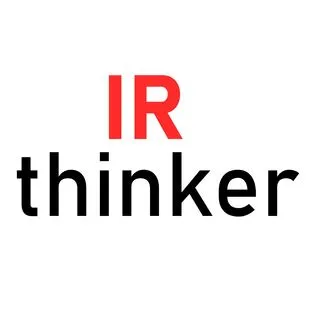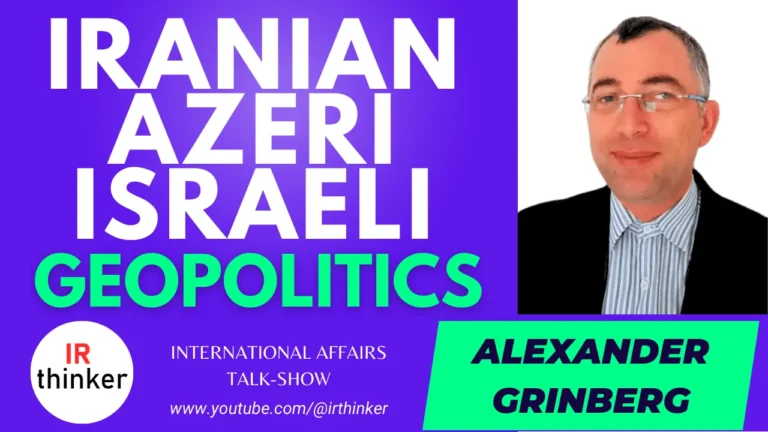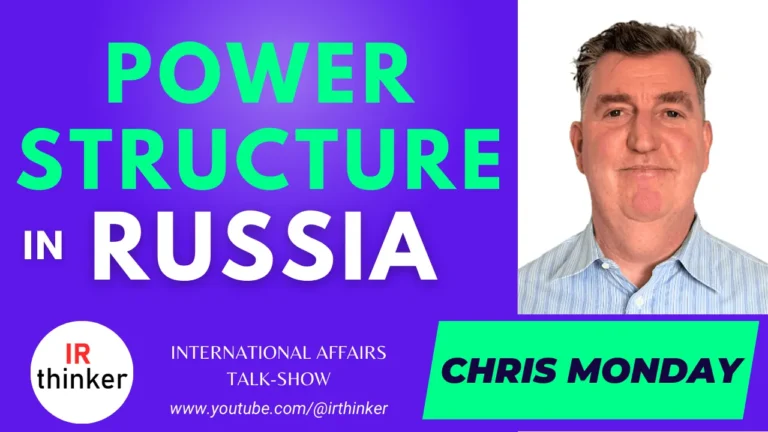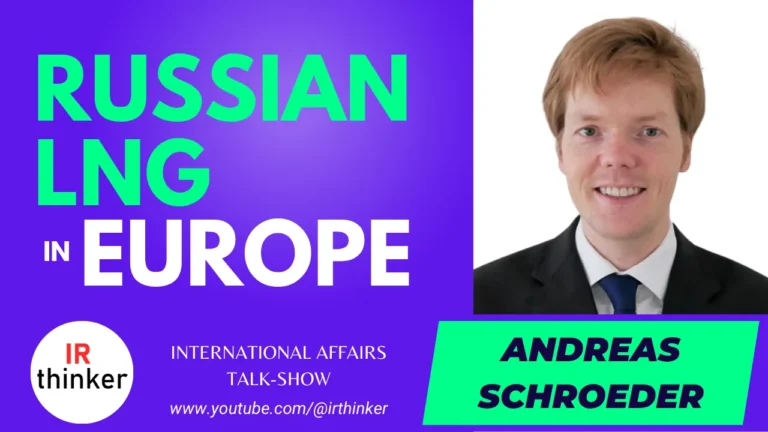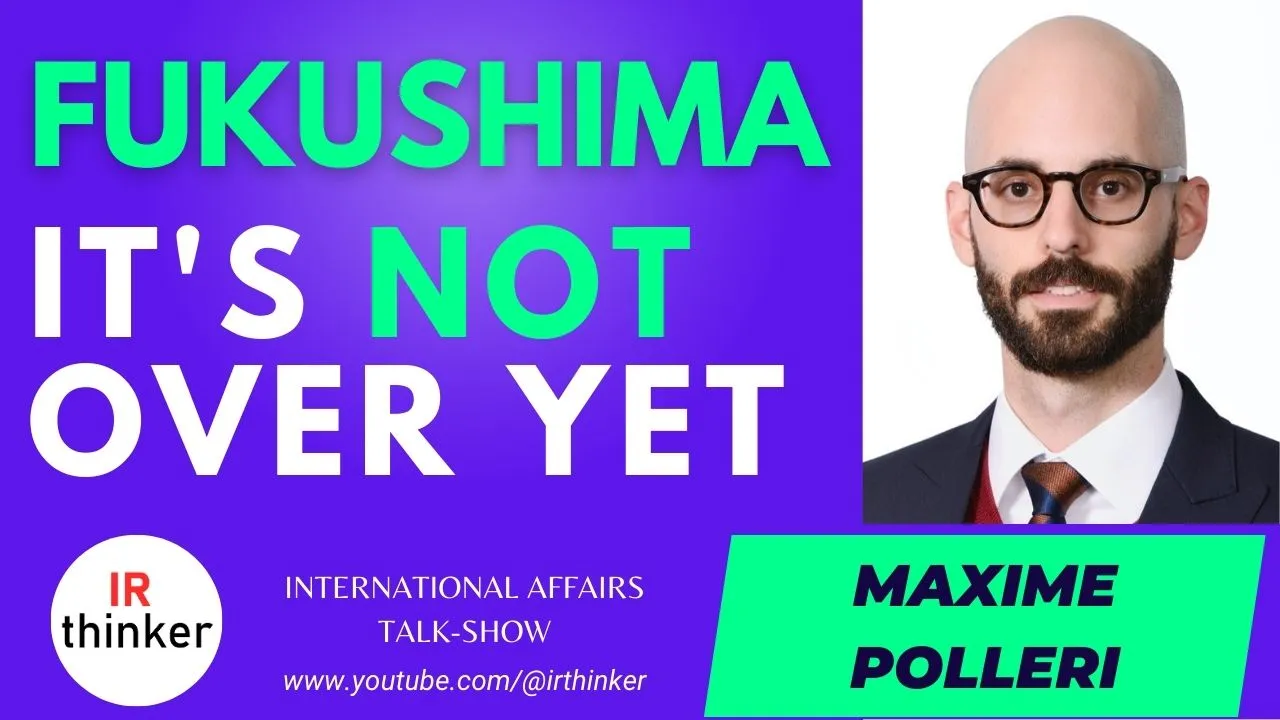
Explore the intricate dynamics of the Fukushima disaster in this episode. We’ll dissect its diplomatic repercussions, global energy policy impact, and the change it brought to Japan’s nuclear R&D. Understand the controversy behind Fukushima’s radioactive water release, and the Japanese government’s crisis communication. We end by reflecting on the lessons humanity can learn from this disaster and discuss the management of radioactive sites worldwide. A must-watch for anyone interested in the intersection of geopolitics, technology, and societal change.
Content
- Diplomatic Repercussions of the Fukushima Disaster
- Response of Expats in Japan to the Fukushima Disaster
- The Impact of Fukushima on Global Energy Policies
- Post-Fukushima Nuclear Research & Development in Japan
- Evaluating the State of Nuclear Knowledge in Japan
- Comparing Japanese Society Pre- and Post-Fukushima
- International Oversight of Japanese Nuclear Facilities
- The Controversy of Fukushima’s Radioactive Water Release
- Understanding the Process of Radioactive Water Release
- Real-Life Experiences with Radioactive Water Release
- Assessing the Quality of Japanese Government’s Crisis Communication
- Lessons for Humanity from the Fukushima Disaster
- Management of Radioactive Sites Worldwide
Maxime Polleri
Maxime Polleri is an Assistant Professor in the Department of Anthropology at Université Laval (Canada) and a member of the Graduate School of International Studies. As an anthropologist of science and technology, he studies the governance of disasters and waste, with a focus on nuclear topics.
Dr. Polleri is a Network Affiliate at the Center for International Security and Cooperation at Stanford University, where he was previously a MacArthur Nuclear Security pre- and post-doctoral fellow. He is also a member of MITATE Lab, an international research program on Fukushima issues.
